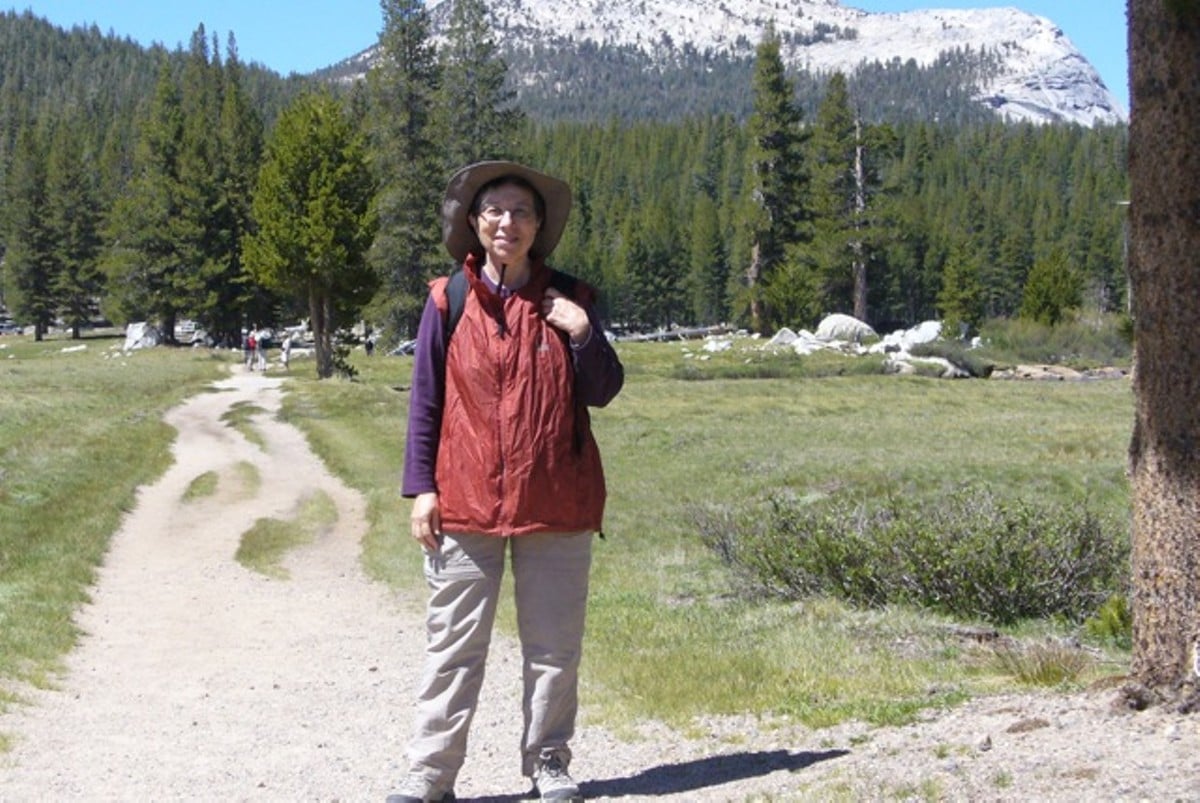Historic. Unprecedented. How often must we hear those words about storms, floods, heat waves and fires, before we get it? We are in a climate crisis that is escalating. In fact, scientists tell us that we have only about 10 years to prevent climate disruption so massive that our actions will no longer be able to slow it down, much less reverse it. As a scientist and teacher, I have become aware that most people do not understand the scientific basis for this 10-year window for action. Consequently, people do not grasp why we have to act with greater urgency to shift our economies to renewable energy.
The reason is that as our planet warms, certain natural processes are set into motion that will accelerate global warming and destabilize the climate. For example, we all realize that ice covering polar latitudes is melting fast. Therefore, the ocean and land there become covered by less ice. White ice and snow reflect incoming solar radiation and keep the region and the entire planet cooler, but the now-darker oceans and land will absorb solar heat. This heat causes yet more snow and ice to melt, exposing yet more darker surfaces, which warm the planet even faster and trigger climate changes globally.
This is just one example of a climate-destabilizing feedback loop that is already in motion. Within about 10 years, nature’s feedbacks will become relentless. There will be no stopping or reversing them at that point. We must not allow such a climate tipping point to happen. Humanity would then be forced only to adapt, for as long as possible, to an altered climate that will affect our food production and water availability and cause suffering, societal unrest and migration.
A business-as-usual attitude toward our fossil fuel-based economy will make matters worse, and incremental change will not be adequate. Our business and government leaders are steering the Titanic, and right now the ship is still headed for that iceberg.
This is SOS time.
But it is not a time to get mired in defeatism, or we will create the very worst-case climate scenario we are trying to avoid, which is an unlivable planet for our children and grandchildren. Hunkering down to adapt to and prepare for the changes we will face will be necessary, but they will not be sufficient to safeguard our wellbeing. They will not slow down the rate of global warming and the myriad climate disruptions that the warming causes.
We must move to renewable energy with greater urgency.
It will take diverse behavioral, social as well as engineering approaches to slow down the pace of climate change, and climate scientists tell us that is possible if we start now. As a society, we know what must be done. We must demand bold and dedicated leadership in business and government so we can invest our funds and our spirits into the work ahead. As citizens and consumers, we have the power to demand more sustainability-sensitive options from that leadership through our votes and our purses. And who knows? We may create a greater sense of community as we face these challenges together. We cannot wait and hope for a single superhero or magic bullet or pill to save us.
There are none.
In the meantime, with each new climate disaster, Nature keeps asking us, “Do you hear me now?” Well, do we? •
Dr. Margaret Carreiro is a professor emerita of biology at UofL.






